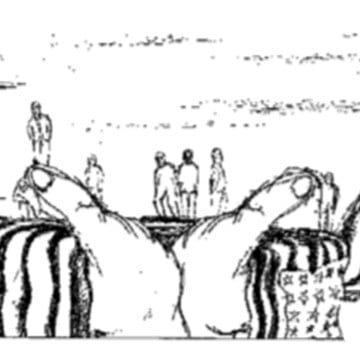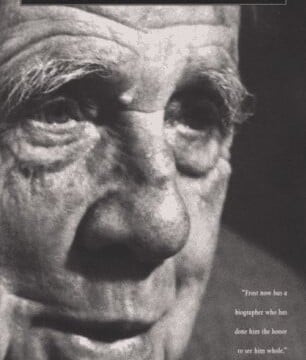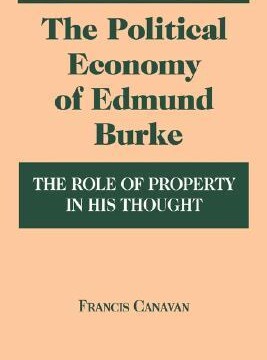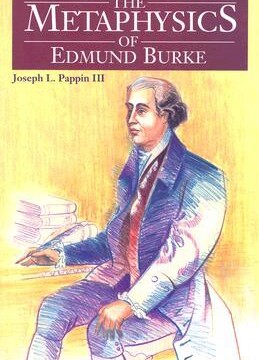[This article first appeared in the July 1996 issue of Chronicles.] A great many scholars have dealt in considerable detail with Edmund Burke’s party politics and political philosophy, and a few have examined his thoughts on economics. But Francis Canavan’s latest book is the first thorough and systematic study of the interrelationship of that great...
Author: Peter J. Stanlis (Peter J. Stanlis)
Robert Frost: Social and Political Conservative
From the August 1992 issue of Chronicles. Robert Frost published 11 books of poetry, won four Pulitzer Prizes, established himself as the unofficial poet laureate of the United States, and acquired a national and international literary reputation. Despite his fame as a poet and public speaker, and because of his friendship with such liberal Democrats...
The Personal Heresy
“Every great man nowadays has his disciples, and it is always Judas who writes the biography.” —Oscar Wilde In 1978 I published “Acceptable in Heaven’s Sight: Robert Frost at Bread Loaf, 1939-1941,” an account of three of eight summers of conversations with the poet in which—probably for the first time in print—he summarized the many...
The Politics of Property
A great many scholars have dealt in considerable detail with Edmund Burke’s party politics and political philosophy, and a few have examined his thoughts on economics. But Francis Canavan’s latest book is the first thorough and systematic study of the interrelationship of that great thinker’s political and economic beliefs. As such it is particularly valuable,...
In the Fullness of Time
Perhaps the best way to understand and appreciate Joseph Pappin’s unique achievement is to consider this fine book in the light of previous scholarship that attempts to ascertain the religious and moral sources and foundations of Edmund Burke’s political philosophy. John Morley, the chief Victorian authority on Burke and the source of all subsequent empiricist,...
Robert Frost: Social and Political Conservative
Robert Frost published 11 books of poetry, won four Pulitzer Prizes, established himself as the unofficial poet laureate of the United States, and acquired a national and international literary reputation. Despite his fame as a poet and public speaker, and because of his friendship with such liberal Democrats as Vice-President Henry Wallace and President John...
An Empirical Jean-Jacques Rousseau
“Man was wade of social earth.” —R.W. Emerson Ever since Frederika MacDonald published her massive two-volume work, Jean-Jacques Rousseau: A New Study in Criticism (1905), scholars favorably disposed toward Rousseau have pursued the difficult task of rehabilitating him from the “audacious historical fraud” perpetuated by Frederic- Melchior Grimm, Denis Diderot, and Mme. d’Epinay. On the...
A True Vindication of Edmund Burke
Mr. Conor Cruise O’Brien’s “A Vindication of Edmund Burke,” (National Review, December 17, 1990), contains many long established truths about Burke’s politics—his consistency in principle, his remarkable insights and powers of prophesy, his strong critique of revolutionary ideology, and so forth. But amidst these trite truisms, which vindicate O’Brien’s subject only to the uninitiated, he...




